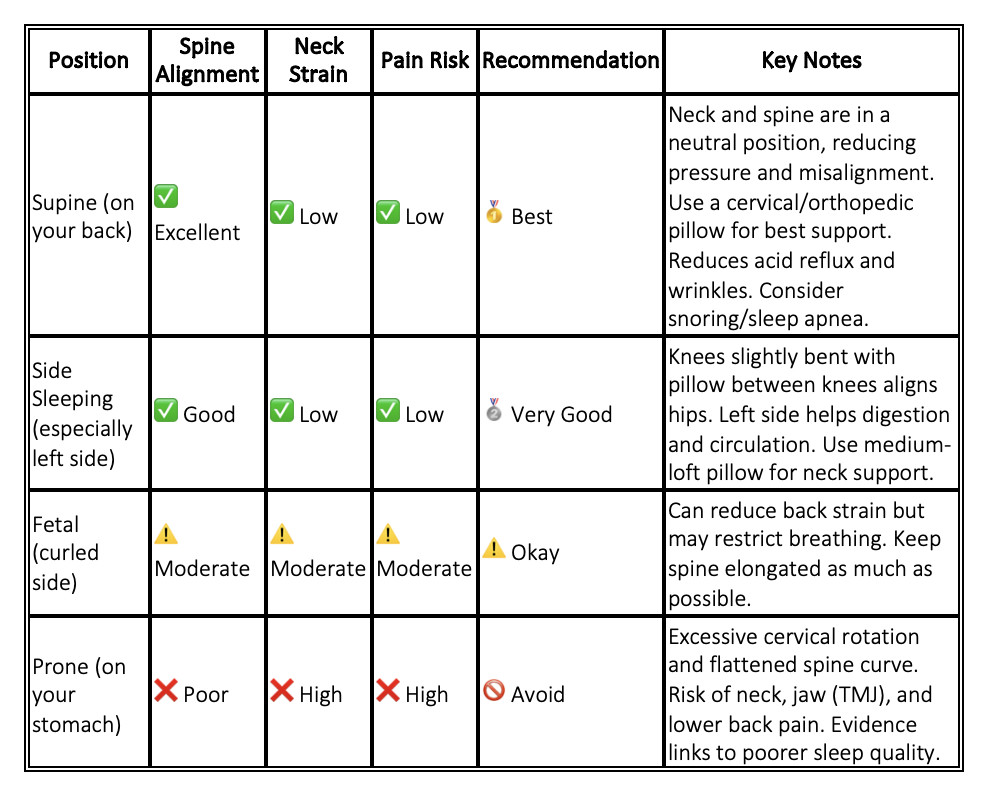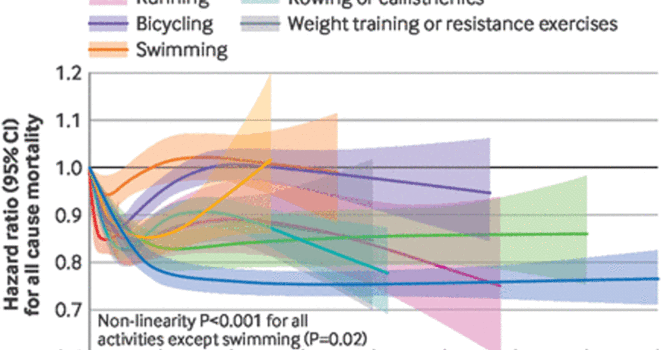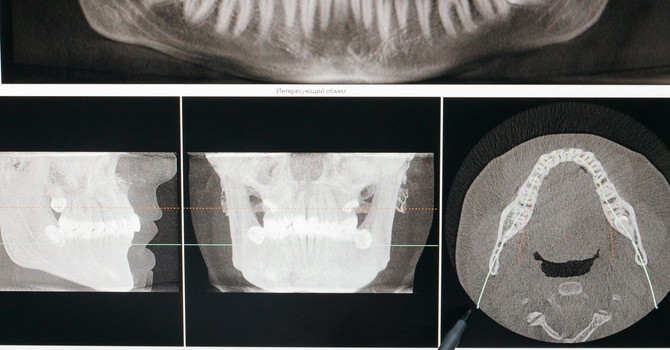
Sleep is not just a passive state; it's an active, complex process that restores our body and mind. Did you know? During deep sleep stages, the brain consolidates memories, regulates hormones, and repairs tissues. Vancouver folks think that catching a few extra hours on a cozy weekend morning is enough, but science tells us that the quality of those hours is just as important as the quantity. According to the Canadian Sleep Society, approximately 30% of Canadians report poor sleep quality, which can lead to chronic fatigue, reduced cognitive function, and even cardiovascular issues (source: Canadian Sleep Society, 2023).
Why Sleep Position Impacts Quality
Poor sleep positions can strain muscles, joints, and even the nervous system. Does it also happen to you? Waking up with neck stiffness or lower back discomfort is a common sign. Scientific studies show that sleeping posture affects spinal alignment, respiratory function, and circulation, all of which influence sleep depth and efficiency (Journal of Sleep Research, 2022). Over time, repeated strain can lead to chronic discomfort and disturb restorative sleep cycles.
Signs You Might Be Sleeping Badly
Identifying poor sleep isn’t always obvious. Here are some red flags: Morning stiffness or aches in the neck, back, or shoulders. Frequent tossing and turning. Waking up tired despite adequate sleep hours. Increased daytime fatigue or irritability. Snoring or breathing irregularities. A local Vancouver client recently shared that after moving to a new apartment near the Seawall, she was waking up with a sore lower back. Simple changes in sleep posture, guided by osteopathic insights, drastically improved her comfort and overall sleep quality.
Four General Sleep Positions: Best to Worst

See my youtube video about sleep positions
Pillow & Mattress Tips: ·
- Back sleeper: Thin or contoured cervical pillow. ·
- Side sleeper: Thicker pillow to fill the space between ear and shoulder. ·
- Mattress: Medium-firm to firm, allows pressure relief and spinal support.
- Evidence: RCTs show that medium-firm mattresses improve sleep quality and reduce pain more than soft mattresses; proper pillow height supports cervical curve and reduces spinal load.
- 1. Supine (On Your Back) Sleeping on your back with a supportive pillow under your head and a small cushion under your knees helps maintain neutral spine alignment. This position is considered optimal for spinal health and even facial skin tension.
- 2. Side Sleeping Side sleeping is popular in Vancouver, especially after long runs on the Grouse Grind. It's great for reducing acid reflux and snoring, but placing a pillow between your knees ensures proper hip alignment.
- 3. Fetal Position Curled up too tightly? This position can reduce back strain but may restrict breathing and cause stiffness in the hips or shoulders.
- 4. Stomach Sleeping or ‘Prone’ Often the worst choice, stomach sleeping twists the neck and compresses the spine, leading to neck and back pain. Check out our YouTube video on sleep positions for tips on transitioning to better postures.
Evidence-Based Sleep Interventions
Intervention Key Finding Citation
- Pillow height (supine) 10–12 cm loft preserves cervical curvature
- Pillow height (side) 12–15 cm loft aligns ear–shoulder gap
- Mattress firmness Medium-firm reduces LBP and improves sleep quality
- Zoned mattress support Firmer under lumbar region decreases spinal stress J
- Wedge pillow (torso elev.) Low-angle (<30°) incline maintains neutral spine and eases tension (Sleep Medicine Reviews, 2021)
Training Yourself to Sleep Better
Adjusting sleep posture takes consistency. Start by using supportive pillows or rolled-up towels to guide your spine and joints. Gradually, your body will adapt to healthier positions. Gentle stretches before bed and mindfulness techniques can reduce tension, making it easier to fall asleep in a better posture. Lucile has helped many Downtown Vancouver clients retrain their bodies to sleep more comfortably, enhancing both rest and recovery.
Guide to Better Sleep Environment
A restful night involves more than posture:
- Mattress: Choose one that supports your natural spinal curve.
- Sheets: Breathable fabrics like cotton or bamboo help regulate temperature.
- Pillows: Align head and neck to maintain neutral spine.
- Music: Soft, ambient sounds can relax the nervous system.
- Lighting: Dim, warm lights mimic sunset, signaling your body to wind down.
- Temperature: Keep your bedroom around 18–20°C for optimal sleep. These small changes can drastically improve sleep quality Vancouver residents enjoy, even after a wet, busy day in the city.
- Feel Safe: A secure and calm environment reduces subconscious tension. Lock doors, eliminate disturbing noises, and make your space feel like a sanctuary.
- No Screen Time: Avoid phones, tablets, and TVs at least 30–60 minutes before bed. Blue light disrupts melatonin production, making it harder for your body to recognize it’s time to sleep.
How Osteopathy Can Help
Poor sleep often results from subtle musculoskeletal strain and nervous system tension. Lucile, an experienced osteopathic practitioner in Downtown Vancouver, addresses these issues holistically. By gently assessing posture, spinal alignment, and muscle tension, she helps relieve discomfort and promotes better sleep patterns. A case study involved a client experiencing chronic lower back pain relief Vancouver-wide; after a series of sessions and sleep position guidance, the client reported waking up refreshed for the first time in years.
Bonjour Osteopathy Is Here to Help You
If poor sleep is affecting your life, don’t wait. Bonjour Osteopathy provides individualized support to improve your rest, reduce pain, and enhance overall wellbeing. Book an appointment today to explore how targeted osteopathic guidance can transform your sleep quality Vancouver-wide. Learn more about general osteopathy, sports injury, back pain or pelvic floor and contact us to start your journey toward better sleep.
References: Canadian Sleep Society, 2023, "Sleep Quality Statistics in Canada". Journal of Sleep Research, 2022, "Impact of Sleep Posture on Musculoskeletal Health".

Lucile Delorme
Contact Me




